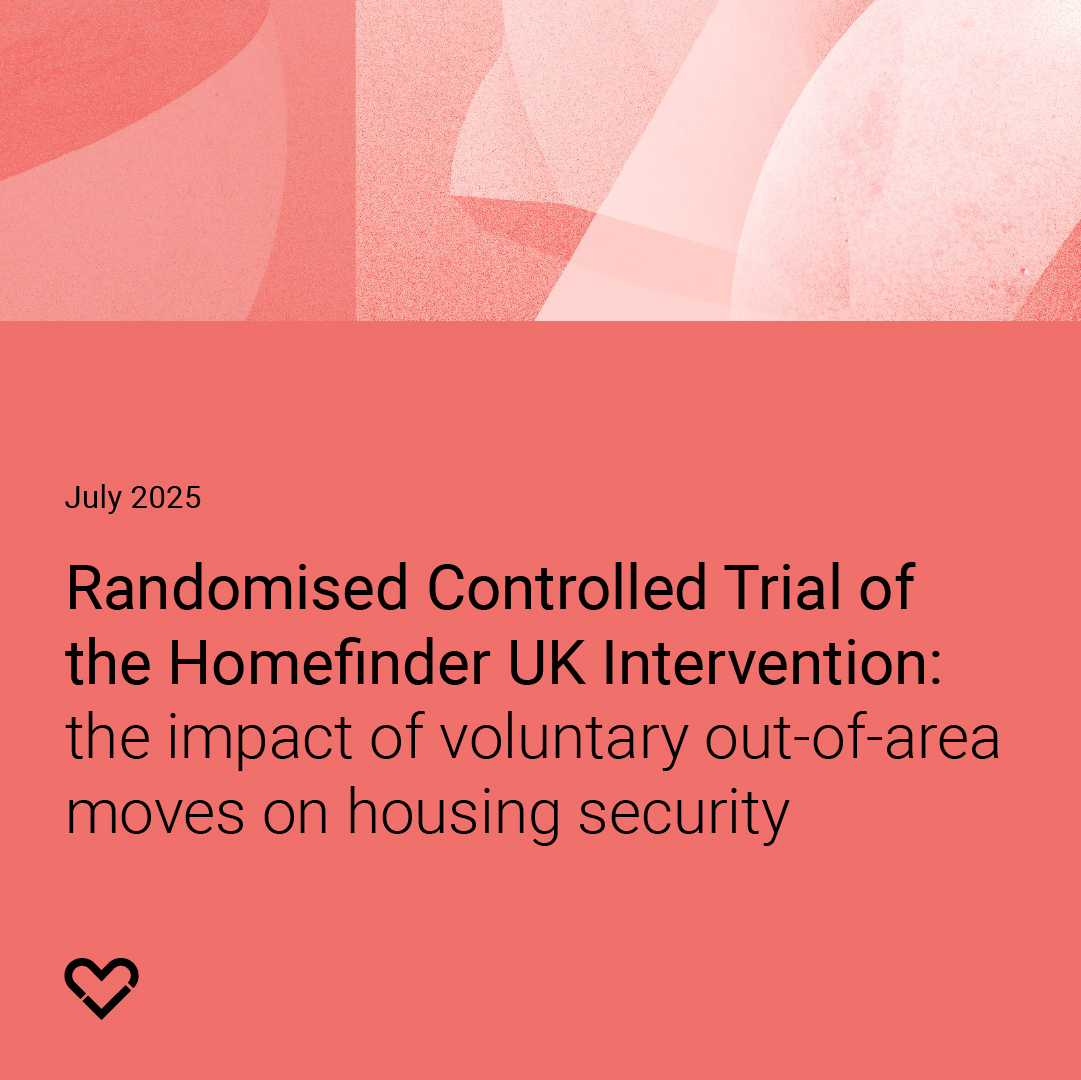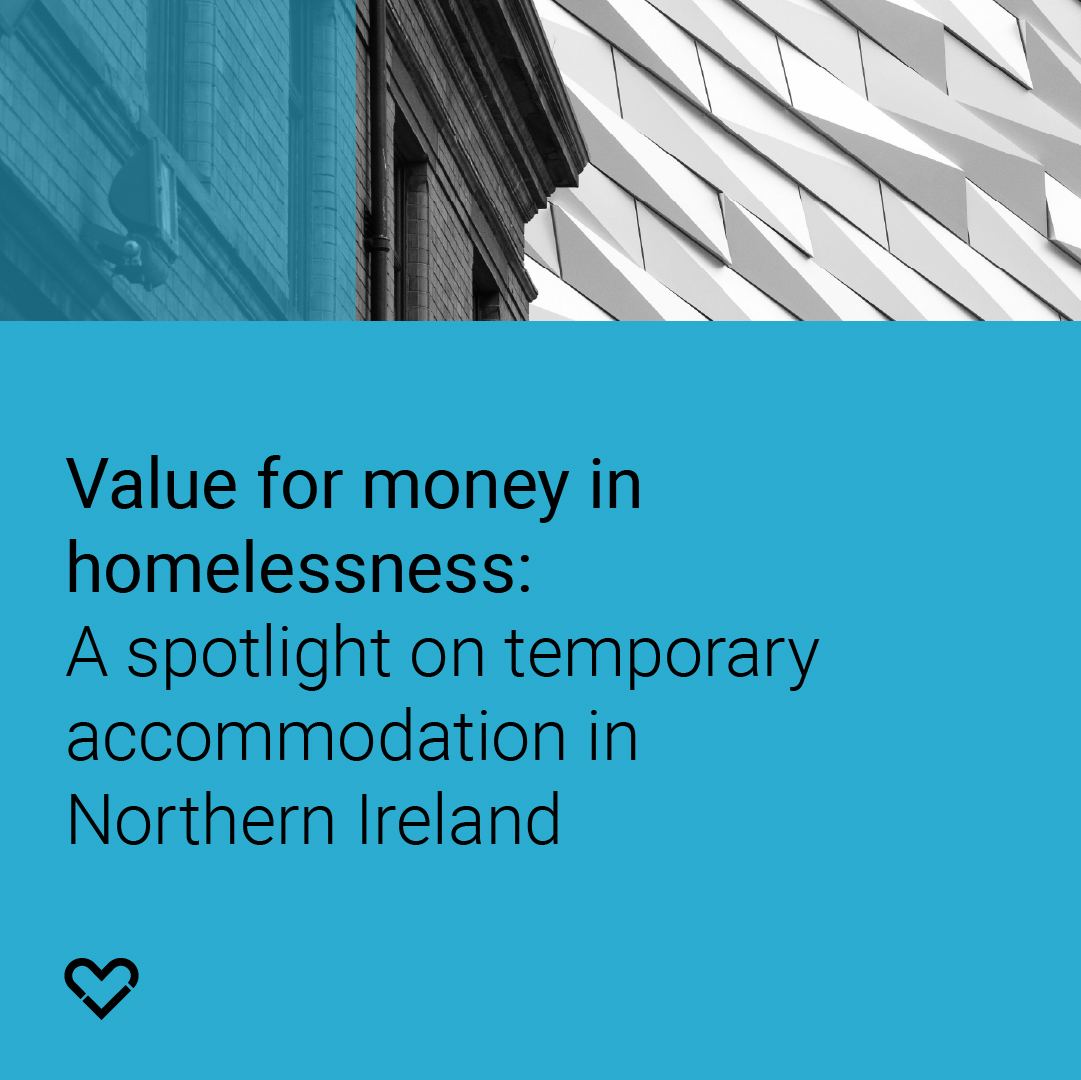European Journal of Homelessness: The Importance of Firsthand Experience
Outline of the study
This paper examines how to meaningfully involve people with lived experience of homelessness in research, policy development, and service implementation. Drawing on the author, Hannah Green's personal experience of homelessness and professional work in the sector, it identifies key challenges in authentic involvement and proposes three core principles: choice, strategic-level involvement, and accessibility. The paper critiques tokenistic approaches and advocates for genuine power-sharing and co-production.
Findings in Brief
- Despite progress in recent years, many research and policy organisations still struggle to implement meaningful involvement of people with lived experience
- People with experience of homelessness are often treated as informants rather than change-makers, leading to tokenistic involvement
- Services frequently reach conclusions about their effectiveness without extensive feedback from the communities they serve
- Basic satisfaction surveys miss opportunities to implement changes that could make a massive difference
- People with lived experience know when their input is truly valued versus when it's a "tick box exercise"
- Involvement is often requested at the end of processes when important decisions have already been made
- The homelessness sector has a habit of using deficit-based language like "complex needs," "hard to reach," and "difficult to engage"
- These negative labels can become internalised by people experiencing homelessness
- Payment for involvement is often uncomfortable for organisations, with vouchers or "experience" offered instead of fair payment
- Physical and linguistic accessibility barriers prevent meaningful participation
- Academic jargon and complex language limit the impact and reach of research
Recommendations in Brief
- Implement the three core principles: choice, strategic-level involvement, and accessibility in all work with people with lived experience
- Involve people with experience of homelessness from the very beginning of projects, not just at the end
- Ensure involvement is organisation-wide, not limited to single projects or strands of work
- Include people who found their own way out of homelessness without using services - their experiences are equally valid
- Provide fair payment that reflects the level of involvement and expertise being shared
- Ask people how they want to be paid (cash, vouchers, etc.) to avoid affecting benefits
- Use strengths-based, positive language that empowers rather than stigmatises
- Avoid deficit-based labels like "complex needs" - recognise that life circumstances are complex, not people
- Replace "hard to reach" with recognition that services are often hard to access
- Create comfortable physical environments that don't reinforce power dynamics
- Use plain language in all communications, avoiding jargon and academic complexity
- Ensure accessibility through phone credit, Wi-Fi access, alternative formats, and inclusive spaces
- Never require people to share their whole story as a prerequisite for involvement
- Allow people to choose which aspects of their experience they're comfortable discussing
- Provide multiple people with lived experience in groups to avoid placing pressure on individuals
- Create expert panels that include lived experience alongside policy makers, frontline workers, and academics
No items found.





.jpg)

